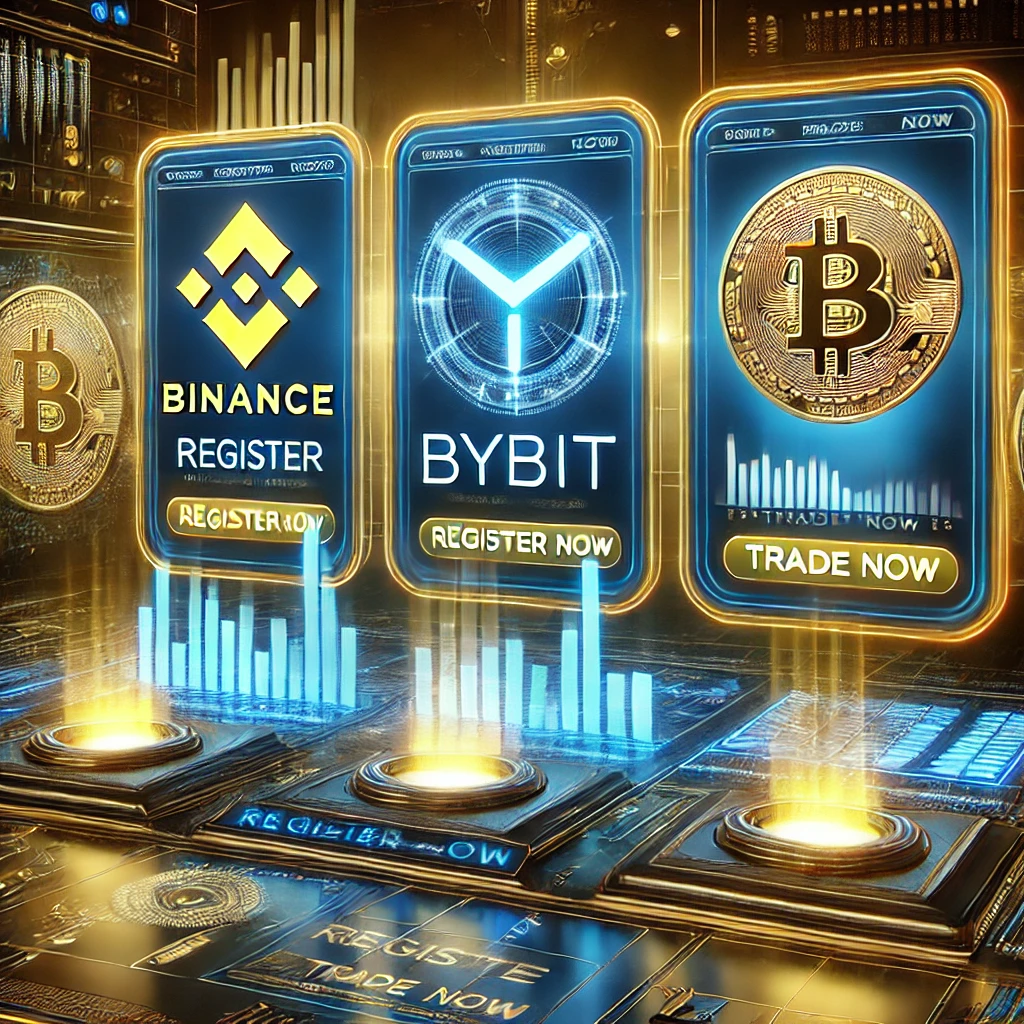GameFi has emerged as a dynamic segment of the blockchain industry, enabling players to earn rewards through gameplay and engaging with decentralized finance (DeFi) elements. Two of the most prominent platforms for GameFi projects are Ethereum and Binance Smart Chain (BSC). Here’s a comparison of GameFi on these two blockchains based on various factors:
1. Transaction Fees
- Ethereum: Ethereum is known for its high transaction fees (gas fees), especially during periods of network congestion. These fees can significantly impact the profitability of GameFi projects, as players may have to pay substantial amounts to execute transactions within games.
- Binance Smart Chain: BSC offers significantly lower transaction fees compared to Ethereum. This affordability makes it more accessible for players, particularly those engaging in microtransactions, which are common in gaming environments.
2. Transaction Speed
- Ethereum: Ethereum’s transaction speed can vary depending on network traffic. While Ethereum 2.0 aims to improve scalability and reduce congestion, the current network can experience delays during peak times.
- Binance Smart Chain: BSC is designed for faster transactions, typically processing them within a few seconds. This speed enhances the user experience in GameFi, allowing for smooth gameplay and quick transactions.
3. Developer Community and Support
- Ethereum: Ethereum boasts a large and established developer community, with extensive resources, libraries, and tools available for building decentralized applications (dApps). This robust ecosystem has led to a wide variety of GameFi projects on the platform.
- Binance Smart Chain: While BSC’s developer community is growing rapidly, it is still smaller than Ethereum’s. However, BSC benefits from the support of Binance, one of the largest cryptocurrency exchanges, which provides resources and visibility for new projects.
4. Game Variety and Ecosystem
- Ethereum: Ethereum hosts numerous well-known GameFi projects, including Axie Infinity, Decentraland, and The Sandbox. The diversity of games on Ethereum allows players to explore various genres and experiences, making it a popular choice for gamers.
- Binance Smart Chain: BSC has seen a surge in GameFi projects recently, with titles like CryptoBlades, Mobox, and My Neighbor Alice gaining traction. While the variety is growing, it may not yet match the breadth available on Ethereum.
5. Security and Decentralization
- Ethereum: Ethereum is widely regarded for its security and decentralization. The network has undergone extensive testing and has a proven track record, making it a trusted platform for developers and users.
- Binance Smart Chain: BSC, while generally secure, has faced criticism regarding its degree of decentralization. The network uses a consensus mechanism called Proof of Staked Authority (PoSA), which may result in centralization risks compared to Ethereum’s Proof of Work (and future Proof of Stake) model.
6. User Experience
- Ethereum: The user experience on Ethereum can be affected by high gas fees and network congestion, which may deter new players. However, many established games offer a polished experience and user-friendly interfaces.
- Binance Smart Chain: BSC is often praised for its user-friendly experience, particularly due to lower fees and faster transactions. This accessibility can attract a broader audience, including those who may be hesitant to enter the GameFi space due to high costs.
7. Token Standards
- Ethereum: Ethereum primarily uses the ERC-20 and ERC-721 token standards, which are widely adopted for fungible and non-fungible tokens (NFTs), respectively. This standardization provides compatibility across a multitude of platforms and wallets.
- Binance Smart Chain: BSC employs BEP-20 and BEP-721 token standards, which serve similar purposes as their Ethereum counterparts. While compatible with many wallets, the BEP standards may not have the same level of recognition as ERC standards.
Conclusion
Both Ethereum and Binance Smart Chain offer unique advantages and challenges for GameFi projects. Ethereum provides a robust and secure environment with a diverse range of established games, but it comes with higher fees and slower transaction speeds. In contrast, Binance Smart Chain offers lower costs and faster transactions, making it appealing for new projects and players, though it may still be building its reputation and variety of games.
Ultimately, the choice between Ethereum and Binance Smart Chain for GameFi projects will depend on individual preferences, investment strategies, and the specific games you are interested in. As the GameFi landscape continues to evolve, both platforms are likely to see further growth and innovation.
For those looking to invest in GameFi projects, consider using platforms like Exness here and Binance here to manage your digital assets effectively.


Leave a Reply